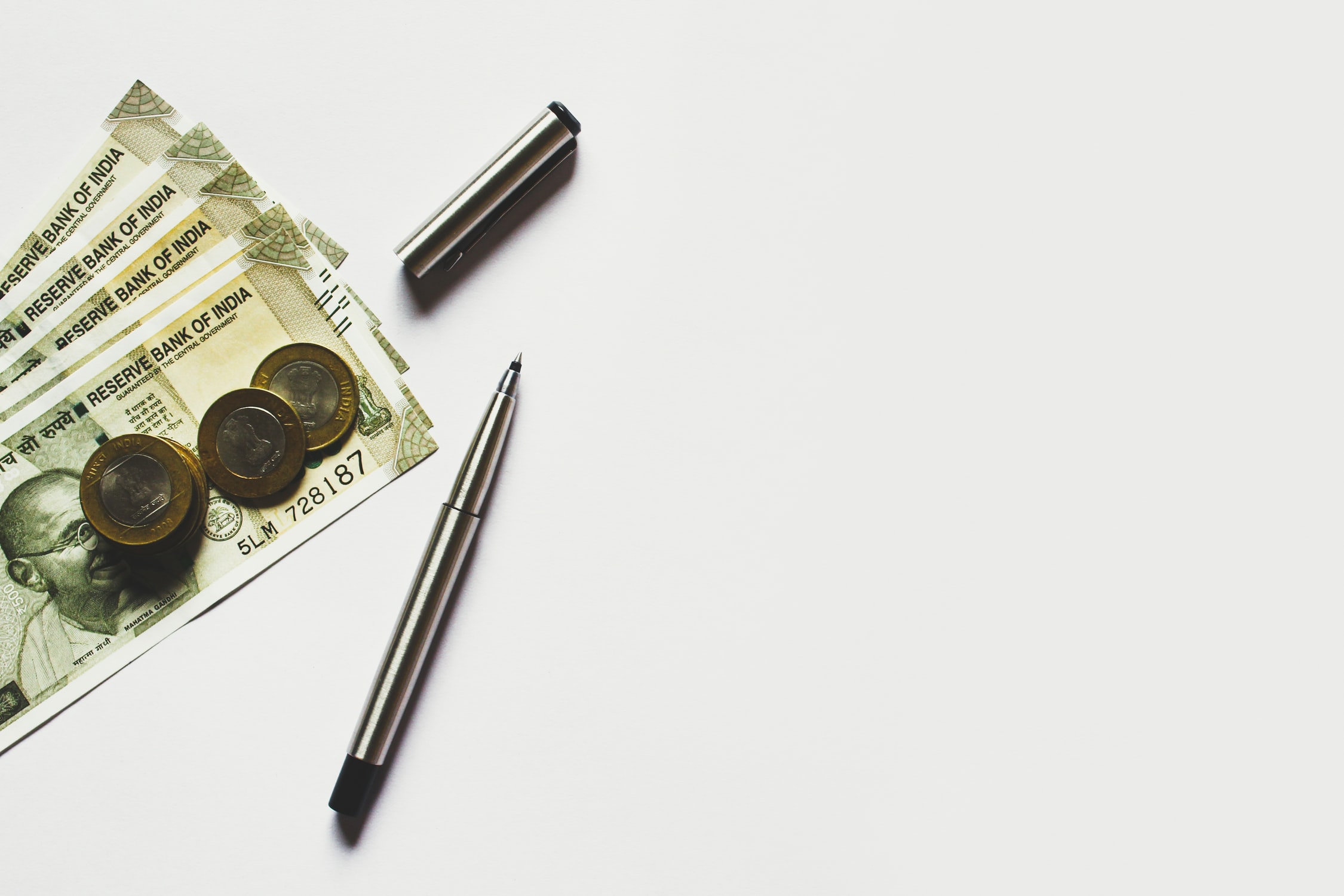Comments
- No comments found

Many people realize bad credit will lower their chances of getting approved for a loan.
While that’s true, it doesn’t stop there. From not getting a mortgage to buy your dream house to paying higher car insurance rates, poor credit makes life difficult.
Unfortunately, bad credit isn’t easy to fix. Improving a bad credit score takes time, depending on your current standing. For example, if you have a late payment, that can stay on your credit report for up to seven years.
There are steps you can take to raise your credit score, like using a secured credit card and working with a financial advisor. However, it’s better to keep your credit in good standing so you don’t have to struggle.
Here are seven reasons why you should avoid bad credit:

Before a lender approves you for a loan, they want to know that you’re in good financial standing. After all, a loan is a form of debt that has to be paid back. If a borrower doesn’t pay back the loan, they go into default, and the lender takes a hit. Because of this, lenders aren’t exactly racing to approve borrowers with poor credit.
Whether you’re trying to buy a car or a new house, having a low score makes it difficult for those two things to happen. Even if you do get approved for a loan, the lender will most likely charge a high interest rate.
Bad credit makes it difficult to get approved for a credit card. You might be thinking, “Good! Credit cards cause debt!” True enough. But the quickest way to improve your credit score is with a credit card.
Even if you’re able to get approved for a card with poor credit, you’ll most likely have a high interest rate. You’ll also be less likely to get approved for a card with rewards. But there is some good news: A secured credit card can help improve your score with minimal risk.
Unlike a normal credit card, a secured credit card typically requires a cash deposit. Before you’re approved, you have to put money down, which is usually equivalent to the credit limit. For example, if you make a $1,000 deposit, your credit limit will be $1,000. If you miss a payment, the credit card issuer will use money from your deposit to cover the cost. This makes it unlikely, if not impossible, that you’ll acquire debt.
When buying a home, there are three common loan options: VA, conventional, and FHA loans. VA loans are strictly for veterans or active-duty service members. Conventional loans usually require a 620 credit score, while an FHA loan requires a 580 credit score.
According to FICO, a bad credit score is between 300 and 579. If your score is in that range, getting approved for one of the loans above will be a challenge. With a larger down payment, you might have a better chance of being approved with a lower credit score — but there’s no guarantee.
Not only does a poor credit score make it difficult to get approved for a loan, but you also have fewer rental options. Landlords, just like lenders, want to know you’re able to afford monthly payments. Because of this, they’ll check your credit before approving your application.
If your credit score is low, your landlord might decline your application altogether. Alternatively, they may suggest you find a co-signer who can be held legally responsible for any payments you miss.
If you have poor credit, you might have a hard time setting up some of your utilities. In fact, some companies will charge people with bad credit a high deposit. That way, if customers don’t pay the bill, the company can use the deposit toward the balance.
A cellphone contract can also be difficult to obtain with poor credit. Before approving a consumer for a new contract, cell phone carriers typically look at their credit. The worse their credit, the higher risk the customer is, and the less likely they’ll be approved for the contract.
This might come as a surprise, but some insurance providers will charge higher car insurance premiums for those with bad credit. Why? Because insurance companies link poor credit to someone’s likelihood to file a claim.
According to a study, poor credit increased insurance rates by 61%.

When you apply for a new job, you focus most of your attention on polishing your résumé and nailing your interview. It turns out there’s something else you should be focusing on — your credit report.
In a 2018 report, the National Association of Background Screeners found that 95% of companies run some sort of background check on their potential employees. Sixteen percent of those companies pull credit checks on all candidates, while one-third do credit checks on at least some. If you’re one of them, you’ll want to make sure your report aligns with your application.
You might be wondering why an employer would check your credit report. One reason is for security purposes. They want to confirm your identity, education, and background. But there’s another reason — they want to see how financially responsible you are. For some particularly sensitive posts, they might even need to determine whether financial pressures would make you vulnerable to blackmail.
To prepare for this inquiry, make sure you know what’s on your credit report prior to applying for a job. This will allow you to fix any discrepancies and be prepared to explain any problem areas you’re working to resolve.
While there are ways to repair bad credit, it’s far preferable to avoid it in the first place. So use what credit you have wisely and well, making especially sure to pay your bills reliably. By paying on time and living within your means, you’ll have the good credit you need to live your best life.
Leave your comments
Post comment as a guest